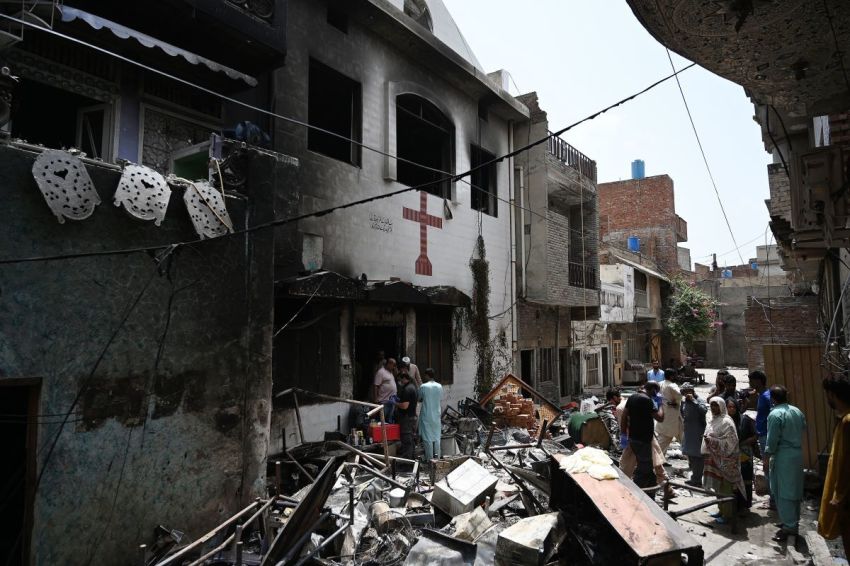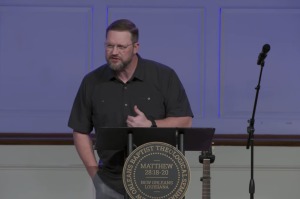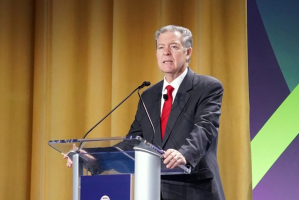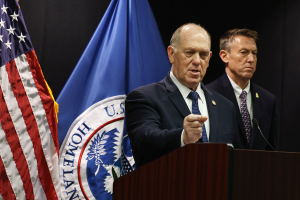Pakistani Christians attend worship services days after mobs burn churches

Christians in eastern Pakistan gathered for worship services among the ruins of their vandalized churches on Sunday, days after a Muslim mob rampaged through their neighborhood, destroying more than 80 homes and 21 churches in Punjab province.
The violence erupted after allegations spread that the Quran had been desecrated.
In Jaranwala City, which was the scene of violence on Aug. 16, around 200 Christians assembled in a narrow alley beside the main Salvation Army Church, its cross missing after being torn down by the crowds, AFP reported, noting that many attendees came from surrounding cities to show support while others expressed fear and uncertainty about their safety.
“We used to come here without any fear but today we need the police,” 29-year-old housewife Nosheen Farman was quoted as saying.
The riot on Aug. 16 lasted for hours, leaving houses gutted and contents strewn across the streets. Most of the victims are sanitary workers living in cramped homes, some now sheltering in a government school or with relatives, according to the newswire.
The local government has promised to rebuild, but the trauma remains.
“These buildings and houses will be restored, but it will be difficult for girls and children to come out of this trauma,” 44-year-old Samson Salamat was quoted as saying.
The diocese bishop led the services, and food rations were distributed to those affected, Reuters reported. Paramilitary troops have been guarding the sites, including the Salvation Army Church and Saint Paul Catholic Church.
The provincial government announced compensation of 2 million rupees (roughly $6,750) for each affected family.
Residents and community leaders have said the mob, armed with various weapons, rampaged without intervention by police and administration authorities present for over 10 hours. Police denied this, claiming they prevented a worse situation.
Clerics from the outlawed Islamist political party Tehreek-e-Labaik Pakistan allegedly led the campaign resulting in the violence, though the TLP denied such claims.
Police have arrested two Christian brothers, Rocky Masih and Raja Masih, for blasphemy and nearly 160 people involved in the mob attack.
Blasphemy is punishable by death in Pakistan, but no one has ever been executed.
The recent violence follows the passage of two bills that have stirred concerns among Christian and civil society groups, including the Criminal Laws (Amendment) Act 2023, which increases punishment for blasphemy offenses.
The unrest was ignited by claims that pages were torn from a Quran and blasphemous content was scribbled on them.
Rights groups have long criticized Pakistan’s blasphemy laws, citing their misuse for personal gains.
Over 2,000 people have been accused since 1987, with at least 88 killed on such allegations, according to the Centre for Social Justice.
The ban against blasphemy, which carries no provision to punish a false accuser or a false witness, was expanded in the 1980s under military dictator General Zia-ul-Haq. According to The New York Times, the British government enacted the original laws in the late 19th-century colonial era to keep people of different faiths from fighting each other.
The controversial law has led to several high-profile cases, including the assassination of Punjab’s governor in 2011 and the sentencing and later acquittal of Asia Bibi, a Christian mother, in 2018.



























